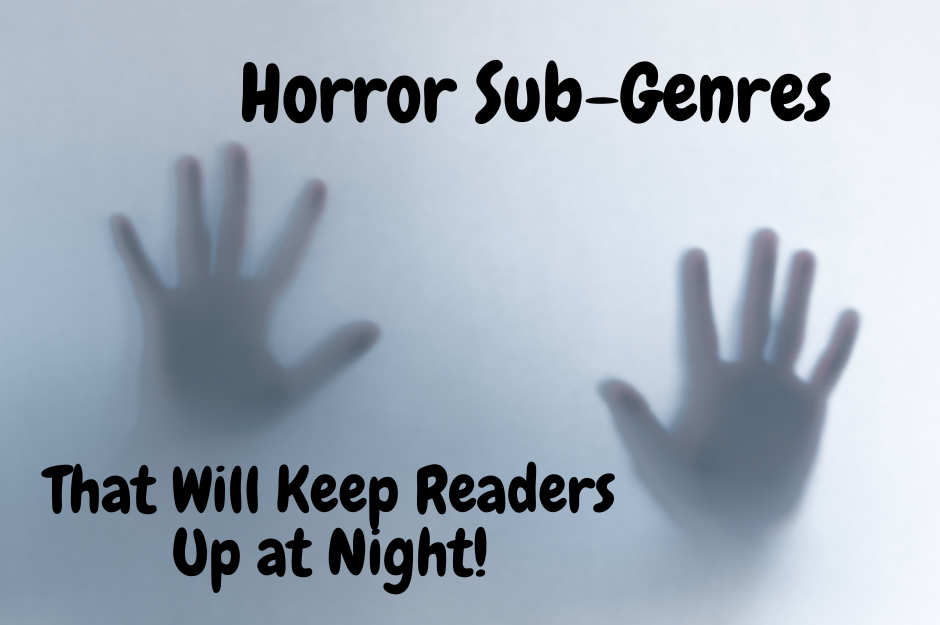|
Listen to or download this article:
|

Story ideas often come to writers as a fleeting spark of an idea or feeling. Maybe it comes from meeting an interesting stranger. Maybe it comes from a childhood memory or looking back at a life-altering trip. Or perhaps you’re trying to rewrite a difficult situation you’ve always wished you’d handled better. Maybe you spot a person on the street who reminds you of someone from your past. Maybe that person broke your heart. Or bullied you when you were a kid. Or she/he is the one who got away.
Perhaps you have no idea where your story idea came from.

Sometimes a story comes from asking what if. What if dad never left us? What if an adult with a family runs away from home? What if I never met ___? What if a corpse is discovered missing its fingerprints? What if someone refused to keep family secrets?

All these ideas have potential….BUT ideas are the easy part of writing.
A spark doesn’t always ignite into a flame. A spark doesn’t always equal a plot.
So you need tools and criteria to judge your ideas. Visual artists have a great advantage over writers because an artist can place his painting in front of a mirror. The mirrored image will be so distinct that the artist will see it anew. Writers, alas, can’t use the mirror trick.
Your friends or critique group can help you discern weak story concepts versus potent story concepts. But over time you’ll need to find ways to judge your own work.
With that in mind, ask yourself these questions:
- Does your idea foment or riot within you?
- Do your main characters get your heart pumping?
- Demand to be heard? Demand to be shaped into a tale?
- Can you ‘see’ the story in a series of vivid scenes?
- Can you boil down the story into a few vivid sentences?
- Can you ‘hear’ the main voice of the story already? Does the voice come naturally or easily as if from some untapped part of you?
- Does a major twist come to mind?
- Can you imagine the ending?
- Can you plot the causality–as in one scene leads to the next, then leads to the next.
Keep asking yourself questions about what comes next or the protagonist’s core traits or how you can complicate things. Perhaps a false accusation or betrayal might help shape the story. Perhaps a lie or secret lies at the heart of things. And what about the themes?
- Can you offer fresh insights about human nature?
- Create characters your reader has never met or imagined, but always wanted to?

When we learn that Edward the vampire sparkles in the sunlight in “The Twilight Saga” — a new way of imaging vampires…
If your characters don’t feel, neither will your readers because characters are revealed by their emotions. And if emotions don’t lead to further actions, then part of fictional chain is missing.
Character first. Plot is people.
(an encore, but worth repeating)
It’s impossible to write about a main character you don’t care about. And you must care deeply. When I say care, you can actually pity the poor sod {Quoyle in The Shipping News}, or disagree with his morality as when you write an anti-hero like Scarlett O’Hara or Tyrion Lannister of the Game of Thrones series. Or Lisbeth Salander in Girl with the Dragon Tattoo. Or Katness Everdeen in the Hunger Games. Many readers find anti-heroes likable or relatable, but so must the writer/creator. Because fiction writing requires a serious emotional and intimate involvement with the main characters.
Fiction requires a serious emotional and intimate involvement with the main characters. – Jessica Morrell

Katniss with her rallying three-fingered salute!
Ideally you’ll find your protagonist fascinating, indelible, someone you can co-habitat with for at least a year—perhaps longer. Because between first drafts and final revisions it will take at least a year to finish your novel Naturally this can work for short stories too, but the duration of the relationship is often shorter.
And if you are going to commit to a series well, you had better believe that you can go the distance.
Your protagonists and antagonists should be fun to write or intriguing to the point of distraction.
I’ve known writers who have fallen out of love with their characters and it ain’t pretty. Especially if they created a series character. Typically they discover their creation feels stale or predictable.
Similar to a failing relationship in the real world. Like those glum couples you spot in restaurants not speaking to each other; sitting in slumped misery or apathy. I’ve been noticing these miserable pairings for years.

There is nothing left to say or talk about…
Of course, because I’m a writer that makes me nosy and I am apt to spy on my fellow diners and eavesdrop—an occupational hazard so to speak.
Back to you and your main characters. Think long haul. Lasting commitment, curiosity, or  admiration. Think not being judge-y.
admiration. Think not being judge-y.
Is your character your new love? Your best friend that you want to hang out with? The friend that always seems to get you in trouble but you don’t really mind?

A few suggestions and/or gentle reminders for you:
- Character first. Plot is people.
- Create an intricate backstory that will cause motivations.
- Give it time. It doesn’t need to be an instant attraction or intimacy, but your character should pique your curiosity.
- Discover what in your character’s nature validates his/her humanity.
- What about him or her is worthy of your reader’s time. Some of the best protagonists are not immediately sympathetic or understandable. It can take readers time to understand them. But that’s okay. Because there will be tests along the way that reveal his/her true nature. An example is Strider in Lord of the Rings.

Strider aka Ranger of the North aka Aragorn crowned King Elessar
- Your protagonist needs traits you admire, even begrudgingly.
- Figure in your protagonist’s chief vulnerabilities, then exploit them.
- Understand how your character’s triggers, reactions or overreactions under duress.
- Consider working out your demons through your protagonist and antagonist.
- Is he or she insecure?
- Will he feel misunderstood? (Professor Snipe in the Harry Potter series)
- What about rewriting your awkward adolescent years through your character?
If your characters don’t feel, neither will your readers because characters are revealed by their emotions. And if emotions don’t lead to further actions, then part of fictional chain is missing.
Your Homework
Make a list of who are some of your most favorite and beloved characters and then try to assign traits to them that you find compelling. Conversely, who were their antagonists?
Keep writing, keep dreaming, have heart. Jessica
Chanticleer’s next Marketing blog post will address Hashtags and Social Media – Part 4 of How to Increase Online Book Sales.
Our next Editorial blog post will address Opening Paragraphs and Beginnings.
So please stay tuned…

Jessica Page Morrell
Jessica Page Morrell is a top-tier developmental editor for books and screenplays. Her articles have appeared in Writer’s Digest and The Writer magazines. She is known for explaining the hows and whys of what makes for excellent writing and for sharing very clear examples that examine the technical aspects of writing that emphases layering and subtext. Her books on writing craft are considered “a must have” for any serious writer’s toolkit.
Jessica will teach the Master Craft Writing Classes at the Chanticleer Authors Conference on Thursday, Sept. 3, 2020 and will present sessions during the conference. She and Kiffer will also host a fun kaffeeklatch for Word Nerds at CAC20.

Did you know that Chanticleer offers editorial services? We do and have been doing so since 2011.
Our professional editors are top-notch and are experts in the Chicago Manual of Style. They have and are working for the top publishing houses (TOR, Macmillan, Thomas Mercer, Penguin Random House, etc.) and award-winning independent presses. If you would like more information, we invite you to email Kiffer or Sharon at KBrown@ChantiReviews.com or SAnderson@ChantiReviews.com.
Click here to read more about our Editorial services: https://www.chantireviews.com/services/Editorial-Services-p85337185
A great way to get started is with our manuscript evaluation service. Here are some handy links about this tried and true service:
https://www.chantireviews.com/manuscript-reviews/
We work with a small number of exclusive clients who want to collaborate with our team of top-editors on an on-going basis. Contact us today!

Writer’s Toolbox
Thank you for reading this Chanticleer Writer’s Toolbox article.
We encourage you to stay in contact with each other and with us during this stint of practicing physical distancing to prevent the spread of COVID-19.
Let us know how you are doing, what is going on where you live, how are you progressing on your writing projects.
I invite each of you to join us at The Roost – a private online Chanticleer Community for writers and authors and publishing professionals. You are welcome to email me for more info also.
We are active on Facebook, Twitter, and Instagram. You can find us by using our social media handle @ChantiReviews
Minimize physical contact! Maximize social connecting!
Be well. Stay safe.








Leave A Comment